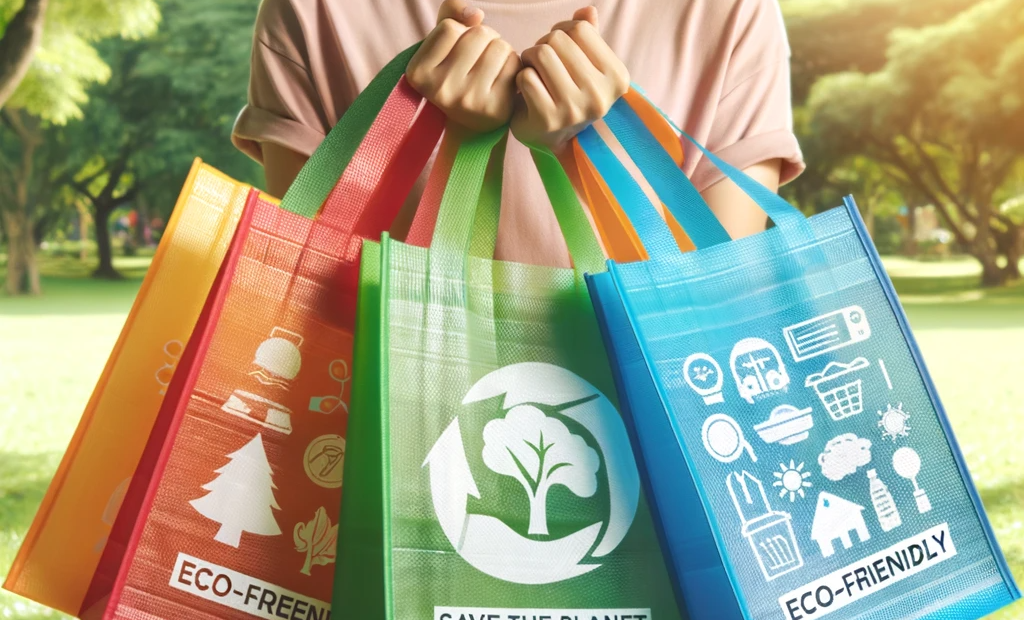In the contemporary era, where environmental sustainability has become a paramount concern, the transition from traditional plastic bags to biodegradable alternatives is not just a trend but a necessity. The pervasive use of plastic bags has led to significant environmental degradation, including pollution of oceans and landscapes, harm to marine and wildlife, and contribution to the burgeoning problem of landfill waste. As awareness grows, the argument for adopting biodegradable bags becomes compelling for several reasons.
Environmental Protection
One of the most persuasive reasons to switch to biodegradable bags is their minimal environmental impact. Unlike conventional plastic bags, which take hundreds of years to decompose and release toxic substances in the process, biodegradable bags are designed to break down into natural elements within a much shorter timeframe, under the right conditions. This rapid decomposition reduces pollution and harm to ecosystems, contributing to the overall health of our planet.
Reduction in Wildlife Hazards
Plastic bags pose a significant threat to wildlife. Animals can ingest these bags, mistaking them for food, or become entangled in them, leading to injury or death. Biodegradable bags, on the other hand, are less likely to cause such harm due to their ability to break down naturally. This shift could significantly reduce the number of animals affected by plastic waste each year.
Decrease in Carbon Footprint
The production and disposal of plastic bags contribute to carbon emissions, exacerbating climate change. Biodegradable bags, particularly those made from renewable resources like corn starch or vegetable fats and oils, have a smaller carbon footprint. Their production requires less energy, and since they decompose naturally, they release fewer greenhouse gases as they break down.
Encouragement of Responsible Consumption
Shifting to biodegradable bags can also foster a culture of environmental responsibility and sustainability. By choosing biodegradable options, consumers and businesses can take a tangible step towards reducing their environmental impact. This choice can inspire further actions and discussions about sustainable living practices, amplifying the positive impact on the environment.
Economic Benefits
While the upfront cost of biodegradable bags may be higher than traditional plastic bags, the long-term economic benefits cannot be overlooked. The reduction in pollution and waste management costs, along with the potential for creating new green jobs in the biodegradable product industry, contribute to a healthier economy. Moreover, as demand for sustainable products grows, the cost of biodegradable bags is likely to decrease.
Conclusion
The transition to biodegradable bags is a crucial step in our journey towards environmental sustainability. By adopting these eco-friendly alternatives, we can protect ecosystems, reduce pollution, and mitigate the effects of climate change. The choice to use biodegradable bags reflects a commitment to the planet and future generations, embodying a broader movement towards sustainable living. As individuals and communities, embracing biodegradable bags is a simple yet impactful way to contribute to a healthier, greener world.













